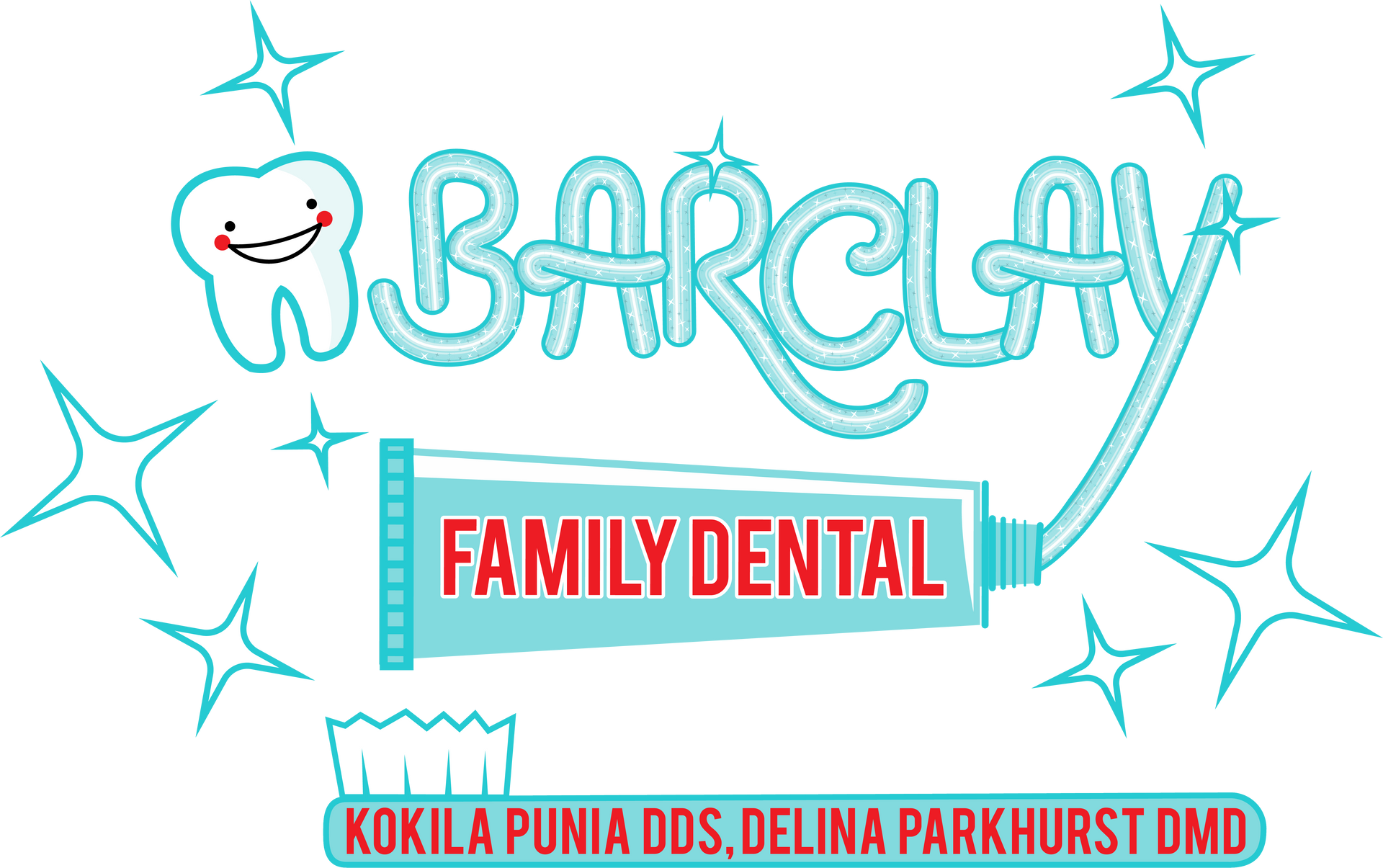Tooth Luxation: Types, Causes, Symptoms, and Treatment
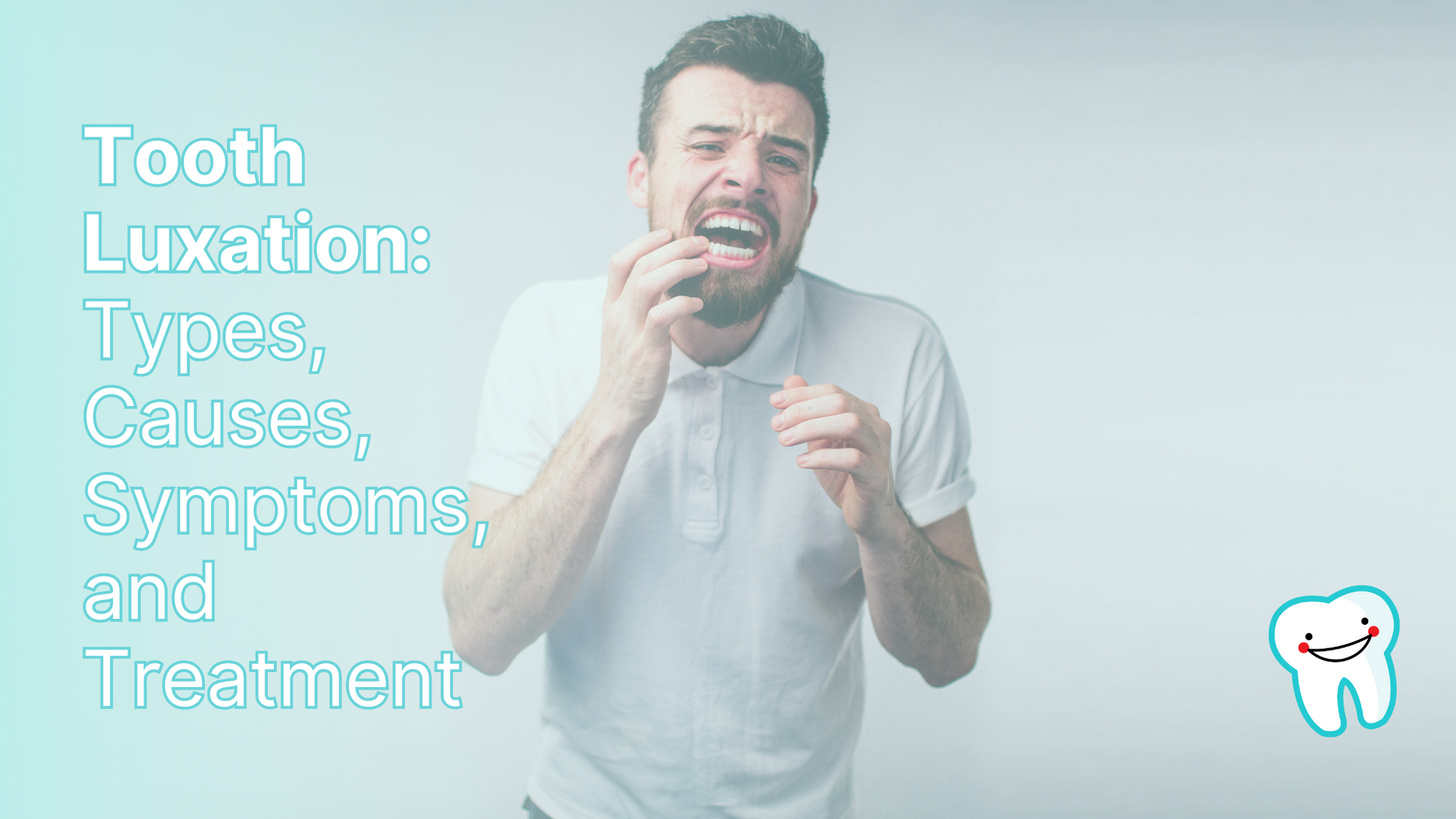
Source: Dr. Marketing
At times, life takes unexpected turns and we may sustain injuries from falls, sports activities, accidents, or everyday mishaps – which can potentially harm our teeth. Tooth luxation, resulting from trauma, can lead to the displacement of one or more teeth. Should you experience discomfort following a mouth or facial injury, prompt evaluation at Barclay Family Dental is crucial for an accurate diagnosis and treatment of the dental emergency. In this post, we will explore tooth luxation, the types, the causes, symptoms you or a family member might experience, and how our team treats tooth luxation.
What is Tooth Luxation?
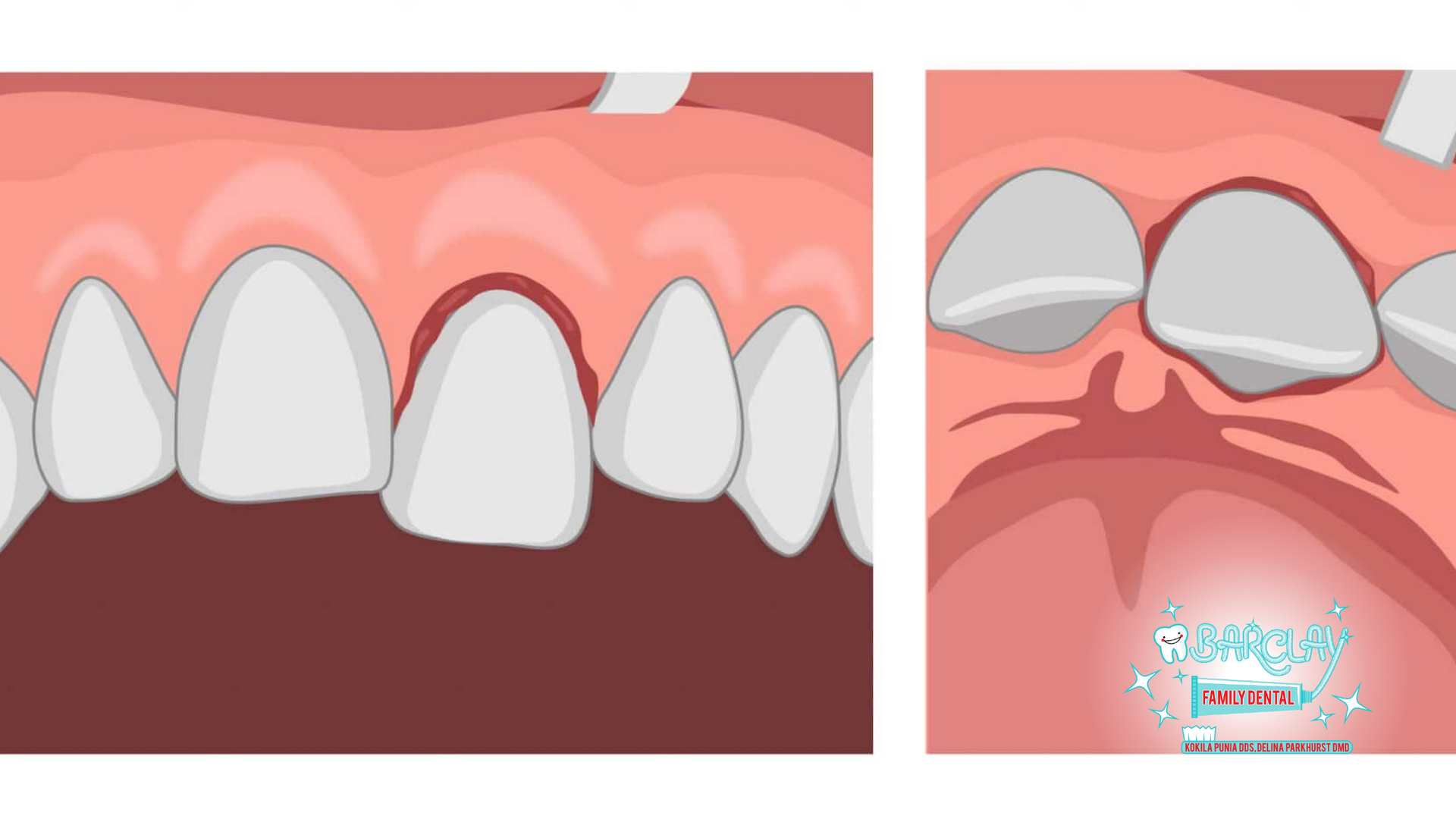
Tooth luxation occurs when the tissues that hold the ligaments and bone in place become disrupted. Tooth luxation can also affect your tooth’s nerves and blood supply, which can lead to bigger problems. If you notice your tooth feels loose, angled or moved out of its socket, there’s a chance it’s a luxated tooth. This type of dental condition is more common in kind and young adults, however, adults can still get them. If you think you may have a luxated tooth, see us right away at Barclay Family Dental located at 75 Barclay Farms Shopping Center in Cherry Hill, New Jersey.
What Parts of Your Tooth Can Tooth Luxation Affect?
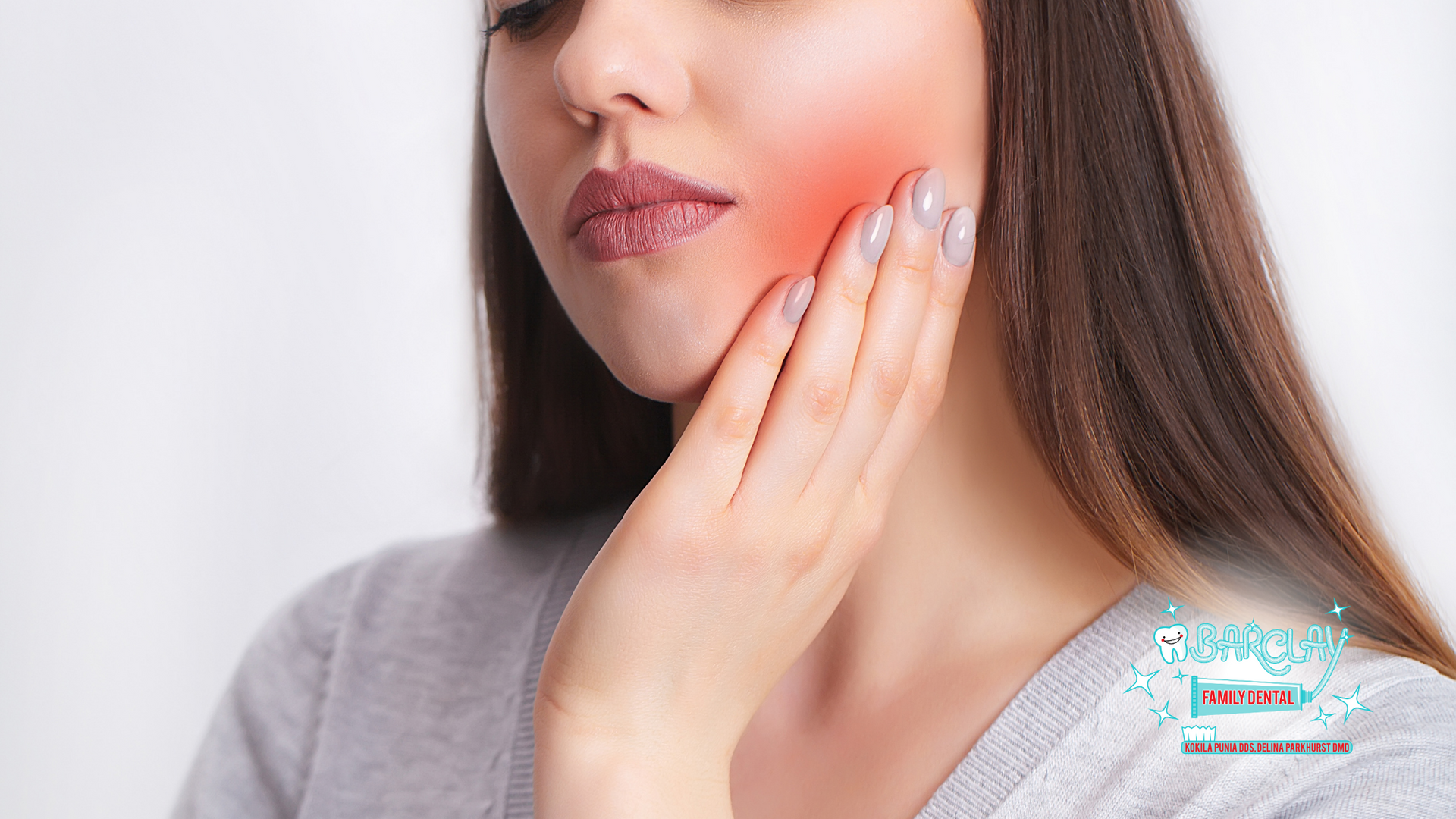
Our teeth consist of two main parts: the crown and the root. The crown is what you see outside of the gums while the root lies beneath the gums. Both the crown and root are made up of layers: the enamel, dentin and pulp. Tooth enamel is the white outer surface, dentin is the middle layer and the pulp is the soft inner tissue containing the blood vessels and nerves.
The tooth itself lives in the alveolar bone, which is a part of the jaw that holds the tooth sockets. Connective tissue fibers, also known as periodontal ligaments, attach tooth roots to the alveolar bone. When tooth luxations take place, they affect the periodontal ligaments and the alveolar bone, which can lead to future pulp issues.
The Causes of Tooth Luxation

Trauma is the most common cause of tooth luxation. Whether it’s from playing sports, falls or accidents, when a tooth is hit with force, it can get pushed out of its socket. In some cases, the tooth can be fully knocked out if hit hard enough.
Gum disease can also lead to tooth luxation if it’s not treated properly. This occurs when there’s a build up of bacteria that rests around the gumline, which can cause inflammation and infection. When there’s infection around the teeth, it can damage the structures of the teeth, which can lead to luxation.
Tooth decay is another issue that can lead to tooth luxation. When teeth become decayed, they become weak and brittle, leading to a dislodged tooth. The best thing you can do is practice good oral hygiene and regularly visit our dentists at Barclay Family Dental for routine checkups.
Whom Does Tooth Luxation Affect the Most?

Tooth luxation can affect people of any age, but it is most prevalent among 11-15 year olds. This demographic is particularly susceptible due to the active and often adventurous nature of younger children, who may be more prone to falls and accidents. As a result, it is important for individuals in this age group to be mindful of dental safety and to seek prompt treatment if tooth luxation occurs.
Different Types of Tooth Luxation
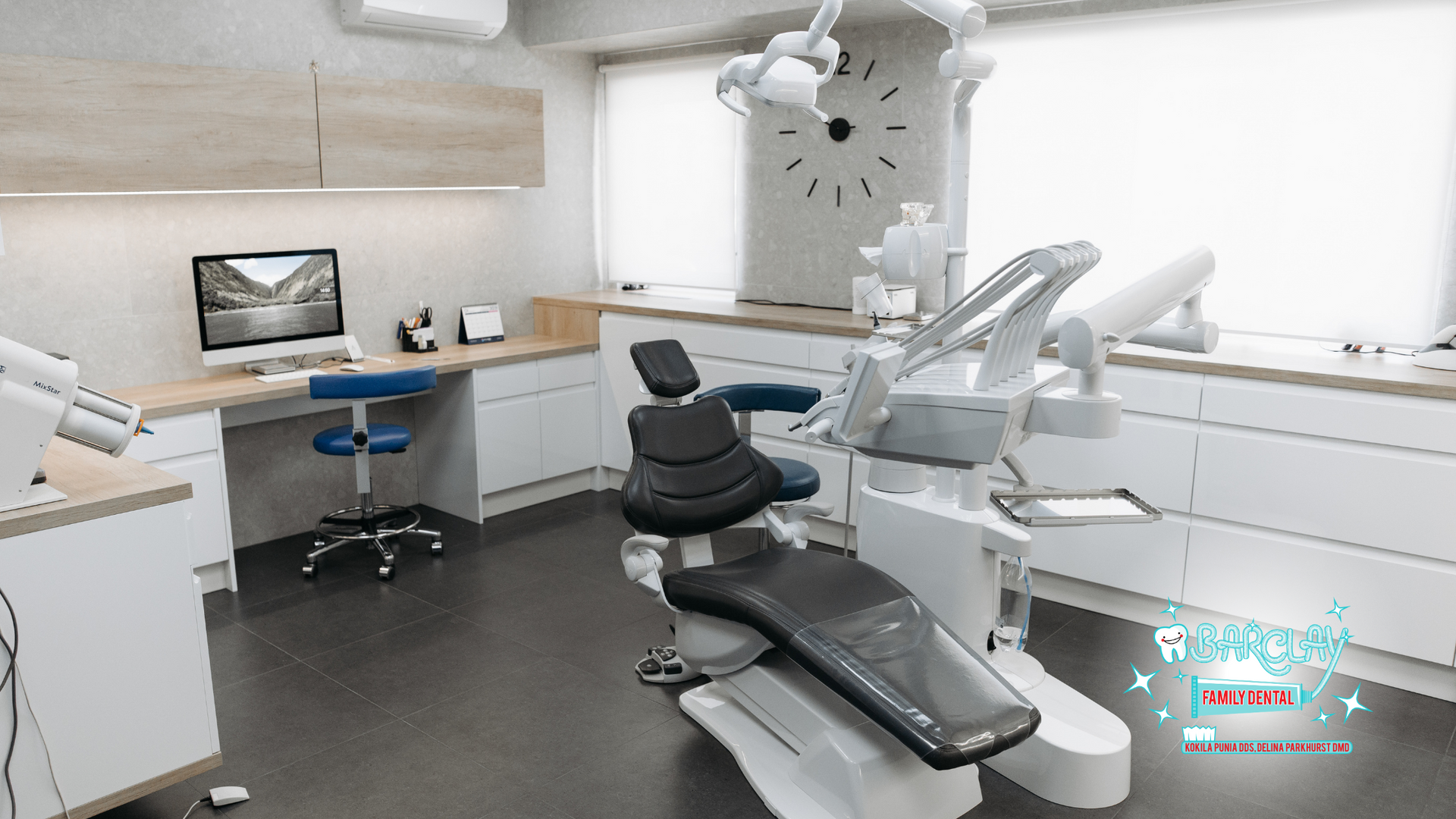
There are a few different types of tooth luxations that people can get. Let’s break them down further below:
Concussion
This type of tooth luxation is when the periodontal tissues that hold the tooth are damaged. However, the tooth remains intact and hasn’t moved. A concussed tooth is usually sore to the touch and often needs x-rays and a pulp sensitivity test. This will determine whether the pulp inside the tooth is healthy or not. From there, one of our dentists will make a decision on how to proceed.
Extrusive
When you have an extrusive luxation, you’ll notice a tooth is very loose and looks more elongated than usual. Even if your tooth has shifted due to separation of the periodontal ligament, the socket itself is still in place.
Subluxation
Subluxated tooth is what can be described as a “loose tooth”. However, the tooth hasn’t moved from its original spot in your mouth. A few signs it’s subluxation is if there is bleeding around the gumline or your tooth is sensitive to the touch. Dentists can use a pulp test to determine whether it’s subluxation or not.
Lateral
A lateral luxation is when you have a fracture of the alveolar bone and separation of the periodontal ligament. Your alveolar bone holds all the teeth together and helps keep them in place. So, when this occurs, your tooth isn’t loose, however, it appears to be either forward or backward from your gumline. Our dentists in Cherry Hill, New Jersey will test for this condition by tapping the tooth and hearing a metallic tooth. Should they hear that sound, it means the pulp is damaged.
Intrusive
With intrusive luxation, your tooth has moved upwards inside the socket which can lead to an alveolar bone fracture. With this dental condition, one of our dentists will hear a metallic sound when the tooth is lightly tapped.
How Does The Dental Team At Barclay Family Dental Detect Tooth Luxation?
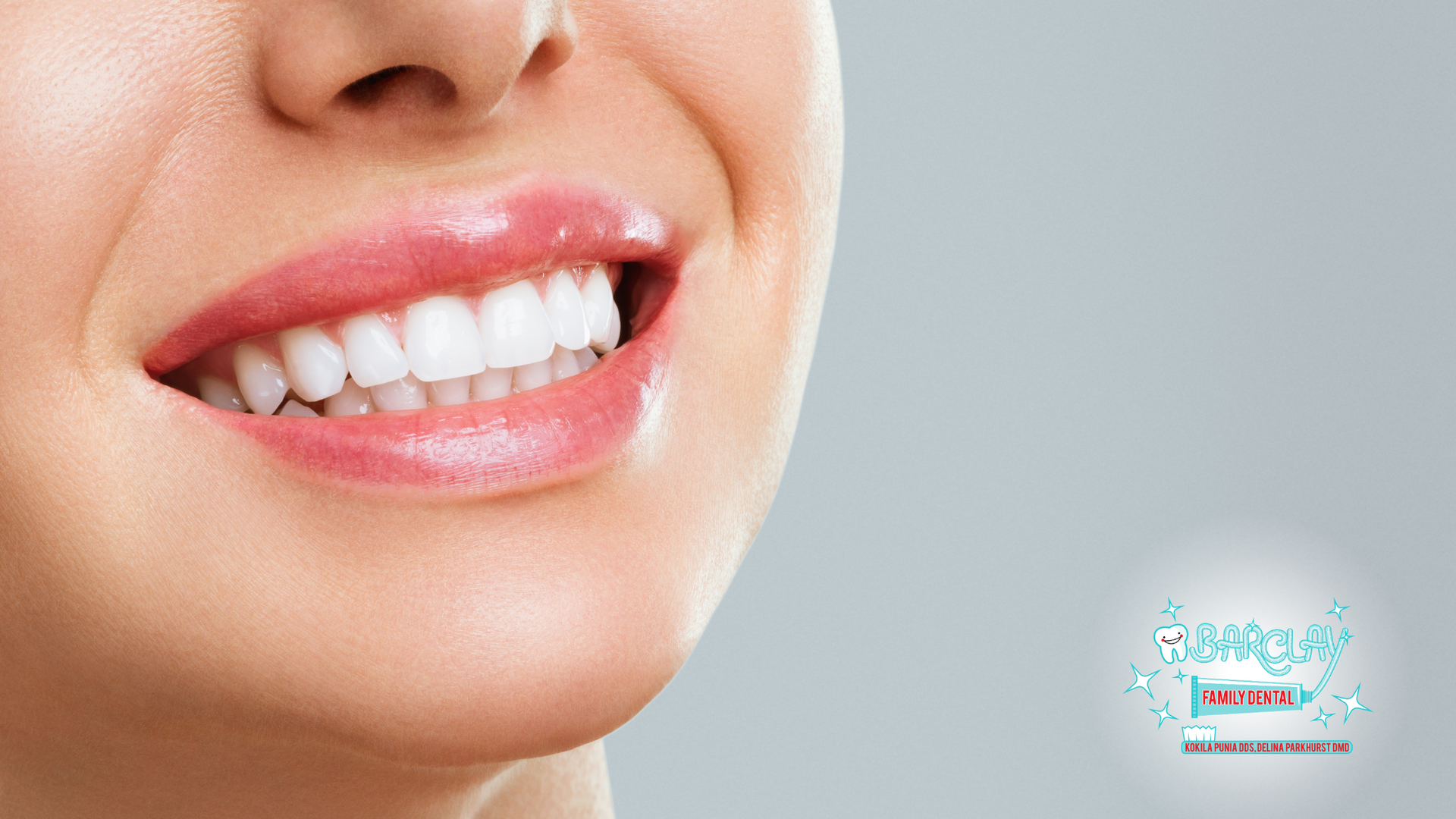
In order to diagnose a luxated tooth, a dentist will ask about your symptoms and will take the appropriate evaluation from there. Here are a few tests they may try:
- Tap your tooth to listen for a high-pitched metallic sound
- Take an X-ray of your teeth
- Test for tooth sensitivity
- Check for tooth looseness
- Do a pulp sensibility test to see if the pulp is damaged
How to Prevent Tooth Luxation
As far as your dental hygiene and oral care, the best thing you can do is be preventative. If you’re someone that plays contact sports (football, hockey, etc.), make sure to wear a mouthguard. A mouth guard will help absorb any additional force while protecting your teeth from damage.
In addition to a mouth guard, practicing good oral hygiene is very important. Make sure to brush your teeth at least twice a day, floss daily and go for teeth cleanings at least once a year. By keeping your teeth clean and healthy, you reduce the risk of gum disease and infection – which both can lead to tooth luxation. If you do have tooth luxation, make sure to see (insert client name here) and we’ll help you out. In a worst case scenario, one of our dentists may have to perform a dental implant or bridge if your tooth is in bad condition.
Contact Our Dental Team In Cherry Hill In Case of Dental Emergency

Tooth luxation occurs when the structures of your teeth suffer injury or damage. If you have experienced a blow to the face and are experiencing tooth pain, make a visit to Barclay Family Dental in Cherry Hill, New Jersey for a thorough diagnosis. The treatment required may vary depending on the severity of the injury. By consistently caring for your tooth health, the repaired tooth can endure for many years. If you suspect a luxated tooth, reach out to us and schedule an appointment today.


